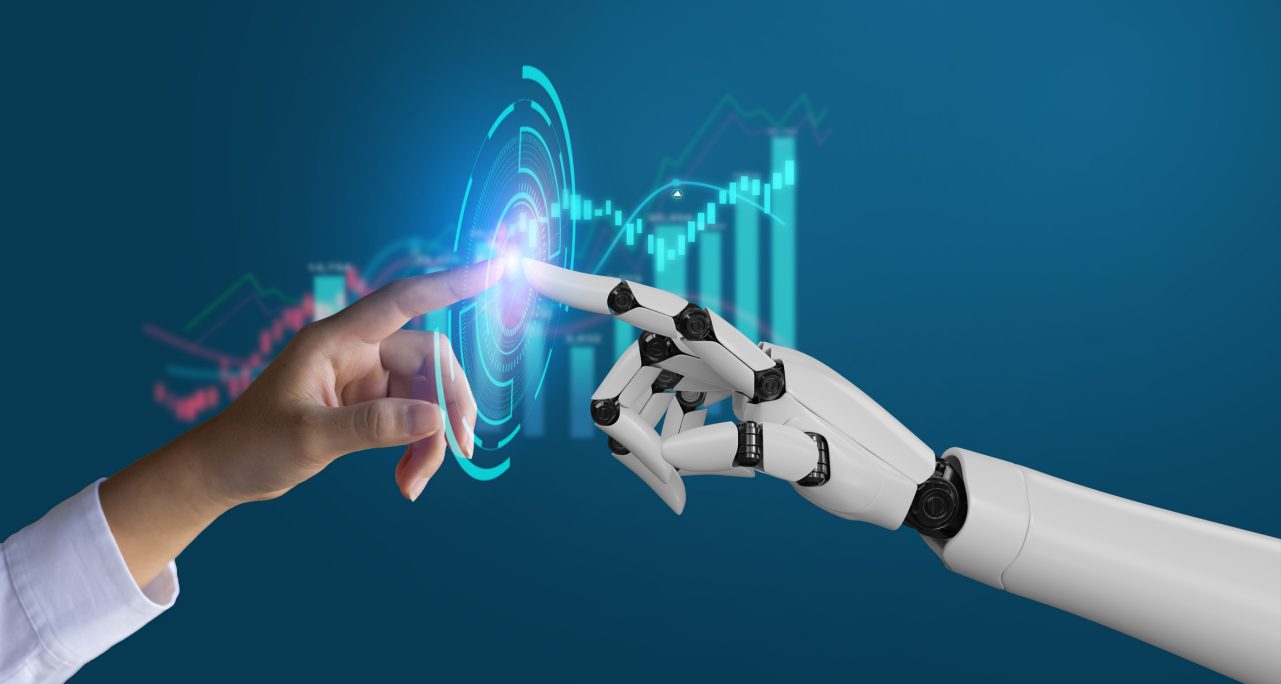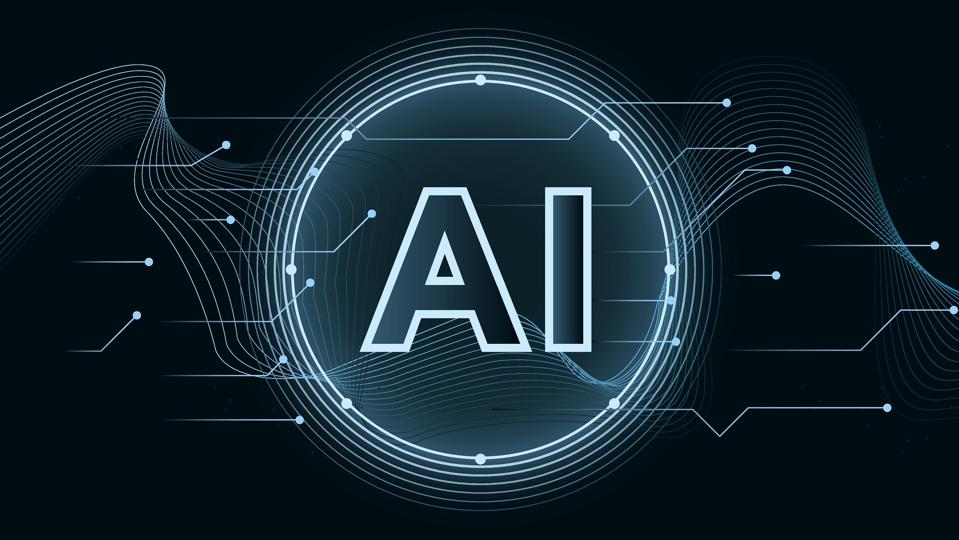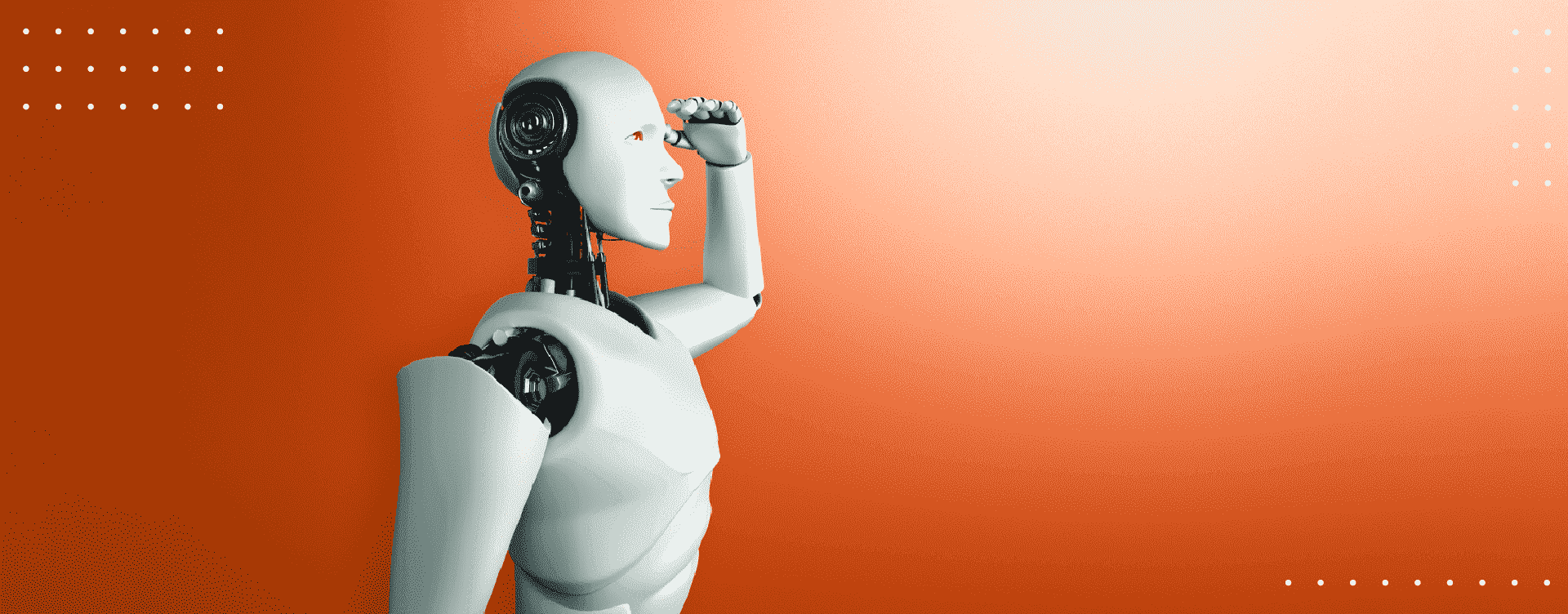
OpenAI and the White House have actually implicated DeepSeek of using ChatGPT to inexpensively train its new chatbot.
- Experts in tech law say OpenAI has little option under copyright and agreement law.
- OpenAI's terms of usage might apply however are mainly unenforceable, akropolistravel.com they state.
Today, OpenAI and the White House implicated DeepSeek of something similar to theft.

In a flurry of press declarations, oke.zone they said the Chinese upstart had bombarded OpenAI's chatbots with queries and hoovered up the resulting data trove to rapidly and inexpensively train a design that's now nearly as good.

The Trump administration's leading AI czar stated this training process, larsaluarna.se called "distilling," totaled up to intellectual property theft. OpenAI, meanwhile, informed Business Insider and other outlets that it's examining whether "DeepSeek may have wrongly distilled our models."
OpenAI is not saying whether the company plans to pursue legal action, instead assuring what a representative called "aggressive, proactive countermeasures to protect our technology."
But could it? Could it sue DeepSeek on "you took our content" premises, much like the grounds OpenAI was itself took legal action against on in a continuous copyright claim submitted in 2023 by The New York Times and other news outlets?
BI posed this concern to specialists in innovation law, who said tough DeepSeek in the courts would be an uphill struggle for OpenAI now that the content-appropriation shoe is on the other foot.
OpenAI would have a difficult time proving a copyright or copyright claim, these attorneys stated.
"The question is whether ChatGPT outputs" - suggesting the responses it creates in response to queries - "are copyrightable at all," Mason Kortz of Harvard Law School stated.
That's since it's uncertain whether the answers ChatGPT spits out certify as "imagination," he stated.
"There's a doctrine that says innovative expression is copyrightable, but facts and ideas are not," Kortz, who teaches at Harvard's Cyberlaw Clinic, stated.
"There's a substantial question in intellectual property law right now about whether the outputs of a generative AI can ever constitute imaginative expression or if they are necessarily unprotected truths," he included.
Could OpenAI roll those dice anyhow and claim that its outputs are secured?

That's unlikely, the attorneys said.
OpenAI is currently on the record in The New york city Times' copyright case arguing that training AI is a permitted "fair use" exception to copyright protection.
If they do a 180 and inform DeepSeek that training is not a reasonable usage, "that might come back to type of bite them," Kortz stated. "DeepSeek could state, 'Hey, weren't you simply saying that training is reasonable usage?'"
There might be a distinction in between the Times and DeepSeek cases, Kortz added.

"Maybe it's more transformative to turn news articles into a design" - as the Times implicates OpenAI of doing - "than it is to turn outputs of a model into another model," as DeepSeek is said to have done, Kortz stated.
"But this still puts OpenAI in a pretty predicament with regard to the line it's been toeing relating to reasonable usage," he added.
A breach-of-contract claim is more likely
A breach-of-contract lawsuit is much likelier than an IP-based claim, though it comes with its own set of problems, stated Anupam Chander, who teaches innovation law at Georgetown University.
Related stories
The regards to service for Big Tech chatbots like those developed by OpenAI and Anthropic forbid utilizing their material as training fodder for a completing AI design.
"So perhaps that's the claim you might perhaps bring - a contract-based claim, not an IP-based claim," Chander stated.
"Not, 'You copied something from me,' however that you gained from my model to do something that you were not enabled to do under our agreement."
There may be a drawback, Chander and Kortz stated. OpenAI's terms of service require that many claims be solved through arbitration, not claims. There's an exception for suits "to stop unapproved use or abuse of the Services or copyright violation or misappropriation."
There's a bigger hitch, however, experts stated.
"You need to understand that the dazzling scholar Mark Lemley and a coauthor argue that AI terms of usage are likely unenforceable," Chander said. He was referring to a January 10 paper, "The Mirage of Artificial Intelligence Regards To Use Restrictions," by Stanford Law's Mark A. Lemley and Peter Henderson of Princeton University's Center for Information Technology Policy.
To date, "no design developer has actually attempted to implement these terms with financial charges or injunctive relief," the paper says.
"This is most likely for good reason: we believe that the legal enforceability of these licenses is questionable," it includes. That remains in part due to the fact that design outputs "are mainly not copyrightable" and since laws like the Digital Millennium Copyright Act and the Computer Fraud and Abuse Act "offer limited recourse," it states.
"I think they are likely unenforceable," Lemley told BI of OpenAI's terms of service, "since DeepSeek didn't take anything copyrighted by OpenAI and since courts generally will not enforce contracts not to complete in the lack of an IP right that would avoid that competition."
Lawsuits between celebrations in different countries, historydb.date each with its own legal and enforcement systems, are constantly difficult, Kortz said.
Even if OpenAI cleared all the above obstacles and won a judgment from an US court or memorial-genweb.org arbitrator, "in order to get DeepSeek to turn over cash or stop doing what it's doing, the enforcement would come down to the Chinese legal system," he stated.
Here, OpenAI would be at the grace of another extremely complex location of law - the enforcement of foreign judgments and the balancing of specific and business rights and nationwide sovereignty - that extends back to before the founding of the US.
"So this is, a long, made complex, laden procedure," Kortz added.
Could OpenAI have secured itself much better from a distilling attack?
"They might have used technical procedures to obstruct repeated access to their site," Lemley said. "But doing so would likewise hinder normal consumers."
He added: "I do not think they could, or should, have a valid legal claim against the searching of uncopyrightable information from a public site."

Representatives for DeepSeek did not instantly react to an ask for comment.
"We understand that groups in the PRC are actively working to utilize approaches, including what's called distillation, to try to replicate sophisticated U.S. AI designs," Rhianna Donaldson, an OpenAI representative, informed BI in an emailed statement.







